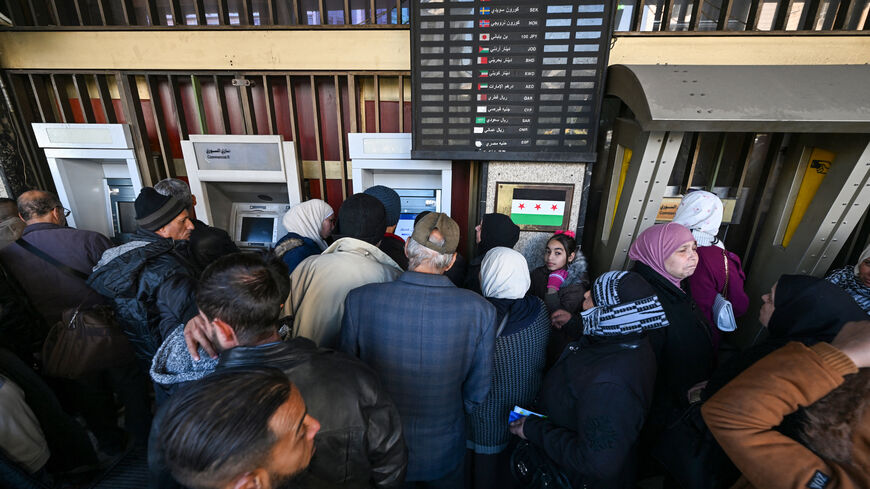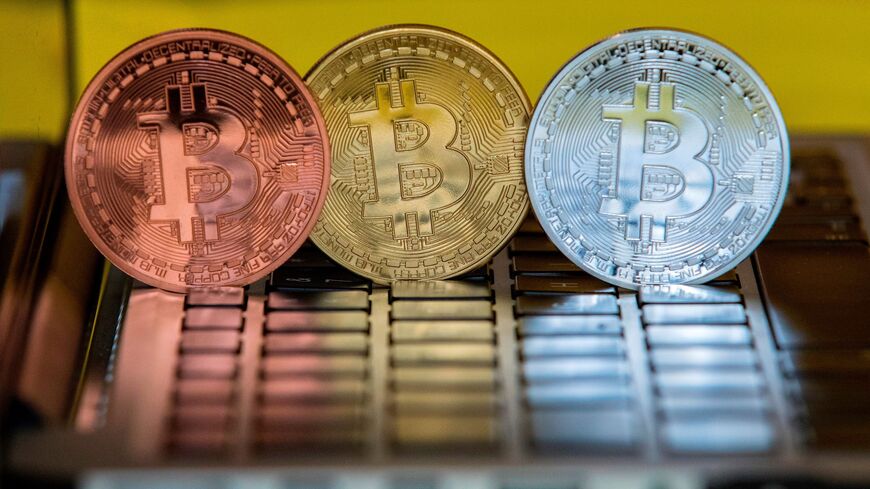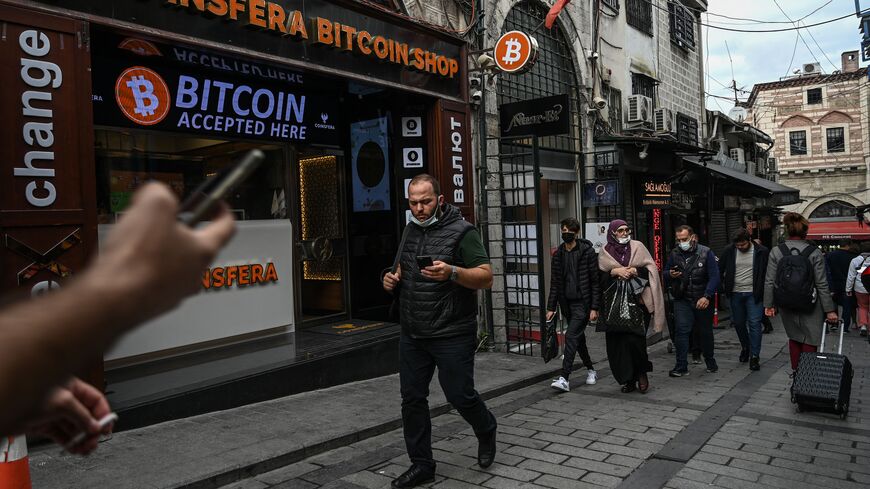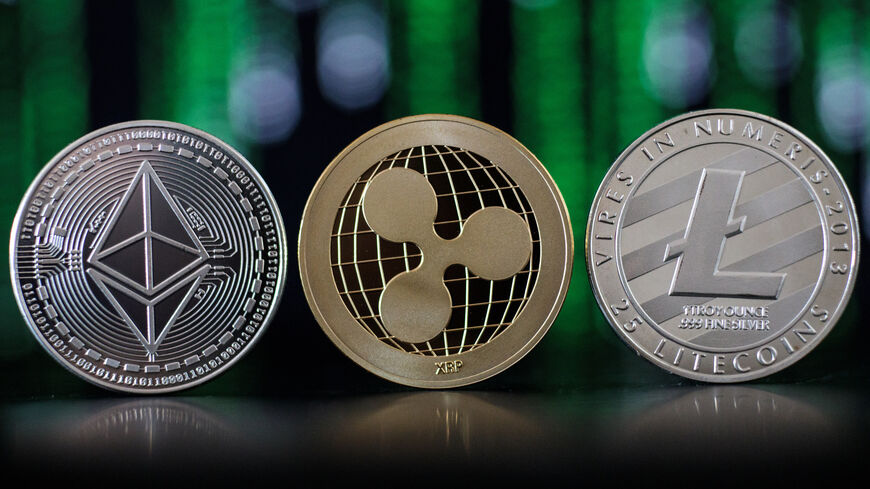Cryptocurrency giant Binance opens trading access to Syria: What to know
Binance’s announcement comes after the United States and the European Union lifted most economic sanctions on Syria last month.
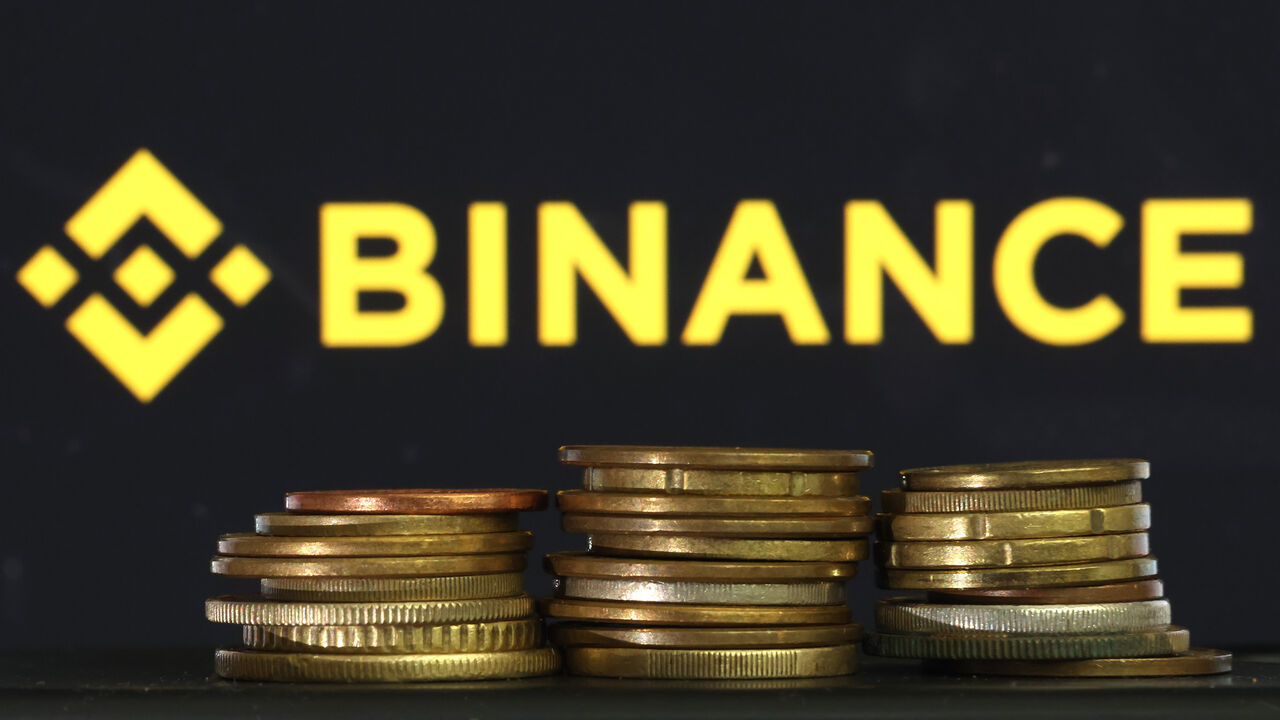
Syrians will now be able to trade cryptocurrencies on the Binance trading platform, following the US decision last month to lift sanctions on the war-torn country.
“Financial freedom should be for everyone,” Binance, the world’s largest cryptocurrency exchange, said in a statement announcing the decision on Thursday. "Syrian residents can now securely participate in the digital asset economy. For years, people in Syria have watched the crypto world evolve, unable to participate, not by choice but by circumstance."
The company said that in compliance with sanctions, it did not serve users in Syria. Binance said that crypto has “become a lifeline” for many people facing high inflation and/or relying on cross-border remittances, and now Syrians will be able to access it. Syria has a population of 24 million and more than 8 million Syrians live abroad.
Why it matters: Binance is the world’s largest cryptocurrency exchange, recording $4.6 trillion on spot trading in the first nine months of 2022, the latest data available, according to Reuters. More than 270 million people are estimated to use Binance globally.
Syrian users will now have access to all of the platform’s products and services, including spot and futures trading, Binance Pay, as well as 300-plus tokens and stablecoins such as Bitcoin, Ethereum and Dogecoin.
Binance’s announcement comes after the United States and the European Union lifted most economic sanctions on Syria last month.
The sanctions were removed following a change in government in December. Autocratic former President Bashar al-Assad fled to Moscow amid a lightning offensive led by Hayat Tahrir al-Sham, an offshoot of al-Qaeda’s Syrian arm. In an apparent turn of direction, Syria’s new interim President Ahmed al-Sharaa, the former leader of HTS, has vowed to respect human rights and help the country’s economy recover by reintegrating it into the global financial system.
A December 2024 report, released just a week after Assad was toppled, found that fighters from Hayat Tahrir al-Sham (HTS) held accounts on foreign crypto exchanges, according to data analytics firm Chainalysis. For example, HTS member Farrukh Fayzimatov was sanctioned in 2021 by the United States, but continued to solicit crypto donations on social media.
Syria has faced sanctions for more than five decades, but the restrictions significantly tightened in 2011, amid a civil war in the country, when the United States, the EU, Turkey and the Arab League sanctioned the Assad regime over allegations of human rights abuses.
Know more: In an interview with the Financial Times published Monday, the governor of Syria’s Central Bank, Abdelkader Husrieh, said Syria would have access to the SWIFT payment system “within a few weeks.” Rejoining SWIFT would be a significant economic milestone for Syria, as the system accounts for nearly half of the world’s dollar-denominated transactions, and will help boost foreign trade, reduce import costs and facilitate exports.

